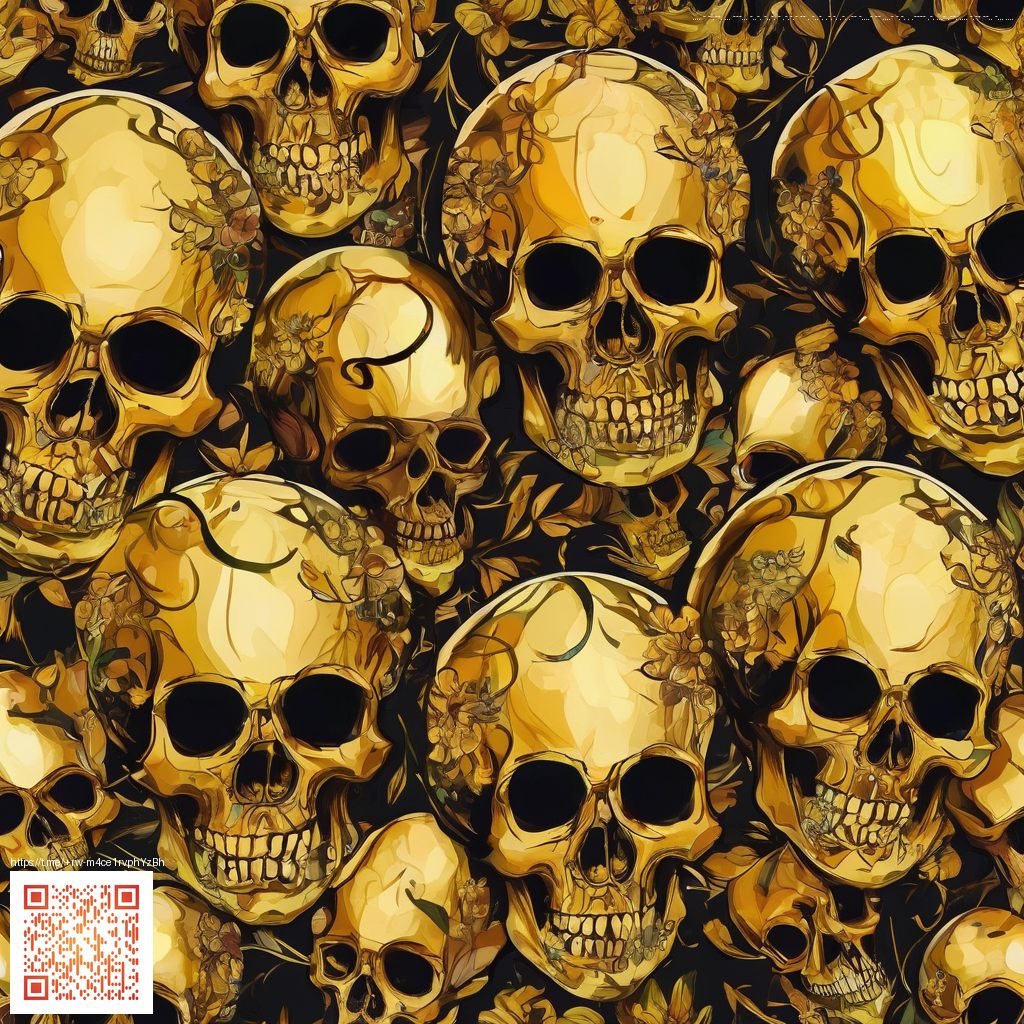
Community-Driven Evolution of Lost Judgment
From the moment players cracked open the first cases, a loud and creative chorus arose from the community. The enduring fascination extends beyond the core story and into the hands of fans who remix, retexture, and reconstruct possibilities. In this scene, modding isn’t a mere hobby; it’s a vibrant language that lets players tailor every street corner, disguise, and interaction to their own rhythm. The result is a living version of the game that evolves long past the initial release window, turning a single adventure into a platform for experimentation 🎮.
One of the most visible engines behind this transformation is the modding hub culture on platforms such as NexusMods. The Lost Judgment modding ecosystem hosts hundreds of mods that range from cosmetic outfits and character reskins to gameplay tweaks and quality-of-life improvements. This community activity has created a feedback loop: creators publish inventive content, players test it, and the broader audience pushes for more robust tools and documentation. It’s a cycle that has not only extended the game’s lifespan but also expanded what fans expect from a single-player narrative title. For newcomers curious about diving in, the NexusMods pages offer a well-curated starting point and community discussions that guide installation and compatibility. Mods and community resources on NexusMods illustrate how diverse and ambitious these projects can be.
Modding culture as a form of play design
What makes the scene so compelling is not just the flashy new outfits or goofy textures, but the way modders experiment with the game’s systems. Some creators lean into visual storytelling, swapping textures and lighting to recreate alternate atmospheres for key scenes. Others push the engine’s limits with rebalanced combat, altered chase sequences, or new side missions that feel like fan-made DLC. The community’s energy is contagious: tutorials, mockups, and rapid iteration cycles create a sense of collaborative artistry rather than solitary tinkering. As one seasoned modder puts it in community roundups, the act of modding is as much about sharing ideas as it is about the end product, and that mindset fuels ongoing conversations about accessibility and fairness in user-generated content 🔧.
“Mods don’t just change how a game looks; they reframe what the game can be for you. It’s a living conversation between developers, fans, and creators.”
Impact on gameplay and narrative perception
The practical effects of modding ripple through both mechanics and atmosphere. Cosmetic mods can dramatically alter the vibe of a run without touching core systems, letting players craft a personal rogues’ gallery of disguises and outfits. More ambitious projects investigate core systems, offering balanced tweaks to AI encounter rates or stealth dynamics. A notable trend is the emergence of fan-made “Redux Edition” variants that repackage scenes with new textures, lighting, or sound—essentially offering fresh takes on familiar beats. While these are optional experiences, they reflect how deeply players engage with the world’s rhythm and pacing, often shaping how people remember their time in Kamurocho 🕹️.
Community creators frequently publish step-by-step guides and mod packs, lowering the barrier to entry for non-technical players. This knowledge sharing fosters a broader community of creators, testers, and writers who document their findings, compare setups, and celebrate the quirks that emerge when a game is remixed. The end result is a game that remains energizing years after launch, driven by a chorus of voices who care about the tiny details as much as the big moments.
Several mods have even influenced how players perceive key sequences, offering alternate camera angles, speed-runs, or accessibility adjustments that make the game more welcoming. For some fans, the most gratifying part is the collaboration between artists and coders who converge on new ideas and ship them to the public—sometimes weeks after a patch note from the developer. This dynamic underscores how a healthy modding ecosystem can become a de facto extension of a game's official lifecycle 🔥.
Developer commentary and community reception
Developers frequently acknowledge the strength of a passionate modding community, even when they must balance official boundaries with player creativity. While public statements vary, the tone across official channels often emphasizes respect for fans’ artistry and a commitment to accessibility and quality. The energy from dedicated players helps surface ideas that can influence future updates and even official content in some cases. The conversation is not about replacing the core experience but about enriching it with alternative lenses, new outfits, and fresh challenges that keep veterans and newcomers alike engaged 🧠.
Beyond the thrill of discovery, the community demonstrates practical expertise. Modders share troubleshooting tips, compatibility notes, and performance considerations that help players keep the game stable while exploring ambitious projects. That spirit of cooperation is what makes the scene resilient: even as individual mods come and go, the broader culture of sharing and iteration remains a constant source of inspiration for every new run.
Upgrade your setup and keep pace with long nights of chasing clues and escaping heat through the action with a reliable, well-made mouse pad. This Non-Slip Gaming Mouse Pad 9.5x8in is designed for precision and comfort during long play sessions, making it a practical companion for both stock gameplay and modded adventures.
Non-Slip Gaming Mouse Pad 9.5x8in